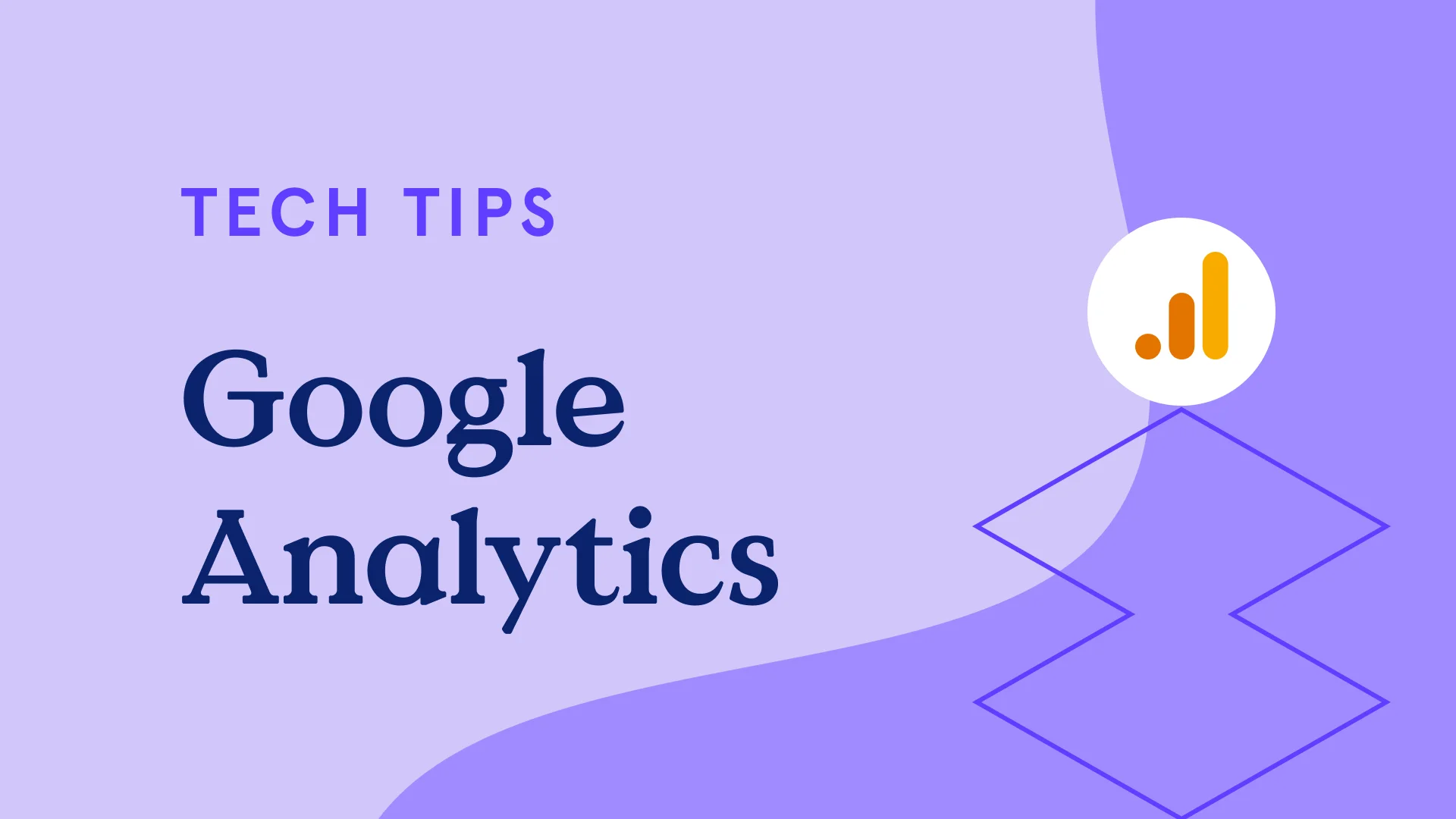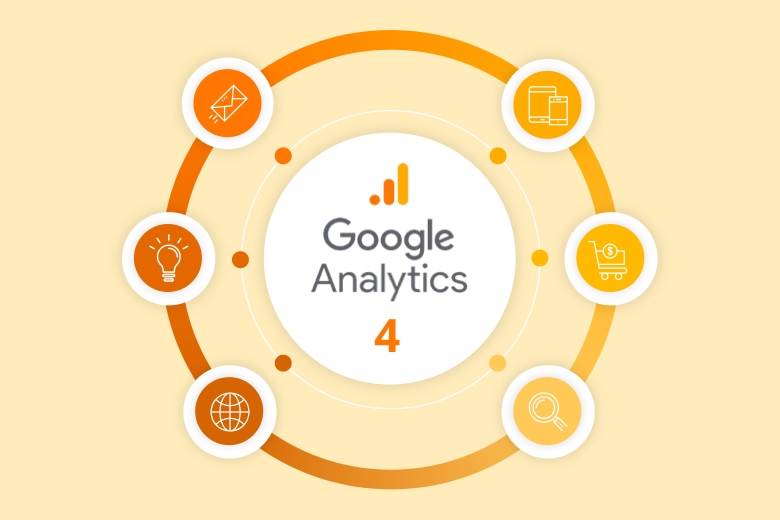The Effect of Google Analytics on Website Optimization and Performance Metrics
In the world of electronic advertising, the use of Google Analytics has become associated with refining website efficiency and optimizing essential metrics. From tracking site visitor actions to assessing website traffic sources, the impact of this durable device prolongs far past simple information collection. By diving into the complexities of user interactions and content efficiency, Google Analytics empowers businesses to make informed choices that can raise their online existence. As we navigate through the complex internet of internet site optimization and efficiency metrics, the extensive influence of Google Analytics remains to shape the digital landscape, offering important insights that go beyond traditional strategies.
Monitoring Site Visitor Behavior
Tracking site visitor habits is crucial for understanding customer involvement and maximizing internet site efficiency. By making use of devices like Google Analytics, web site proprietors can gain important understandings right into how visitors communicate with their site. This information permits a much deeper understanding of individual preferences, habits, and the effectiveness of different web site aspects.
Assessing visitor actions gives important info on which pages are most prominent, exactly how lengthy customers stay on the website, and where they often tend to go down off. With this info, site owners can make informed decisions on web content placement, style enhancements, and overall individual experience improvements.
Furthermore, tracking visitor actions enables the identification of trends in time. By keeping track of metrics such as bounce rate, conversion price, and ordinary session period, internet site owners can assess the impact of adjustments made to the website and tailor approaches to better engage visitors.
Essentially, tracking visitor actions with tools like Google Analytics is not practically gathering data but utilizing that information to maximize internet site efficiency, boost user experience, and eventually accomplish service objectives. - what data does google analytics prohibit collecting

Studying Website Traffic Resources
Evaluating the resources of website traffic to an internet site is essential for comprehending where site visitors are originating from and just how they are finding the site. By utilizing tools like Google Analytics, site proprietors can get important understandings right into the effectiveness of their marketing initiatives and the habits of their audience. The web traffic resources can be categorized into several main networks, consisting of direct website traffic (customers that visit the site directly), natural search (visitors who locate the site via online search engine), referral web traffic (users routed to the site from external web links), social media traffic (visitors from social platforms), and paid advertising (customers that clicked on paid advertisements)
Recognizing the circulation of traffic across these various channels enables site proprietors to make educated decisions about their advertising and marketing methods. By examining traffic resources, website proprietors can enhance their marketing mix and improve overall internet site performance.
Enhancing Web Content Performance
To maximize the impact of site content, enhancing its efficiency is important for drawing in and engaging site visitors properly. By using Google Analytics, site owners can get important understandings into exactly how customers interact with their content, consisting of which pages are most checked out, exactly how long site visitors remain on each web page, and what actions they take after viewing the content.
By assessing this details, web site owners can determine areas for renovation and make data-driven choices to boost the overall efficiency of their web content. By continuously keeping track of and improving content performance based on insights from Google Analytics, site proprietors can create a more straightforward and appealing experience for their target market.

Improving Customer Experience
Enhancing individual experience on an internet site is important for cultivating favorable communications and increasing visitor involvement. To improve customer experience, website owners can use Google Analytics to gain beneficial insights right into customer behavior. By analyzing metrics such as bounce price, ordinary session duration, and pages per session, internet site managers can determine areas that require enhancement. Recognizing how individuals navigate with the web site aids in enhancing layout, content positioning, and overall site structure to make it much more user-friendly and straightforward.
In addition, A/B testing attributes in Google Analytics allow site owners to experiment with various layouts, web content variants, and calls to action to determine what resonates finest with customers. Eventually, by leveraging Google Analytics insights to improve individual experience, internet sites can raise involvement, drive conversions, and ultimately attain their business objectives.
Enhancing Conversions
By leveraging data-driven understandings from Google Analytics, internet site owners can substantially enhance their approaches to increase conversion rates efficiently. Comprehending user behavior with metrics such as conversion funnels, goal completions, and shopping tracking enables companies to determine areas for enhancement. A/B testing different components on a website, such as call-to-action switches or develop designs, based upon information from Google Analytics can result in substantial boosts in conversion rates.
Moreover, using Google Analytics to assess web traffic sources can help businesses Check Out Your URL assign resources efficiently (what data does google analytics prohibit collecting). By identifying which networks drive one of the most conversions, whether it's organic search, paid marketing, or social media sites, firms can maximize their advertising efforts for maximum effect
Furthermore, tracking user involvement metrics like bounce rate, average session duration, and pages per session can supply valuable understandings right into just how site visitors connect with an internet site. By enhancing these metrics with data-driven approaches, businesses can develop a much more compelling customer experience that ultimately leads to greater conversion rates.
Verdict
To conclude, Google Analytics plays an essential duty in enhancing site performance by tracking visitor actions, evaluating website traffic resources, enhancing material efficiency, enhancing user experience, and enhancing conversions. By utilizing the information provided by this device, site proprietors can make educated choices to boost their general online visibility and achieve their objectives. It is necessary for services to take Get the facts advantage of Google Analytics to continuously keep track of and readjust their strategies for optimum efficiency.
By evaluating traffic sources, website owners can optimize their advertising mix and improve total web site performance.
By utilizing Google Analytics, internet site owners can acquire useful understandings right into just how customers connect with their web content, including which pages are most checked out, exactly how long site visitors stay on each page, and what activities they take after viewing the material. (what data does google analytics prohibit collecting)
To enhance individual experience, site proprietors can make use of Google Analytics to acquire important understandings right into individual behavior. In addition, A/B screening functions in Google Analytics make it possible for website owners to experiment with various layouts, material variants, and calls to action to establish what reverberates finest with users.In final thought, read the article Google Analytics plays an important role in enhancing website efficiency by tracking site visitor habits, examining web traffic resources, enhancing content efficiency, enhancing user experience, and improving conversions.